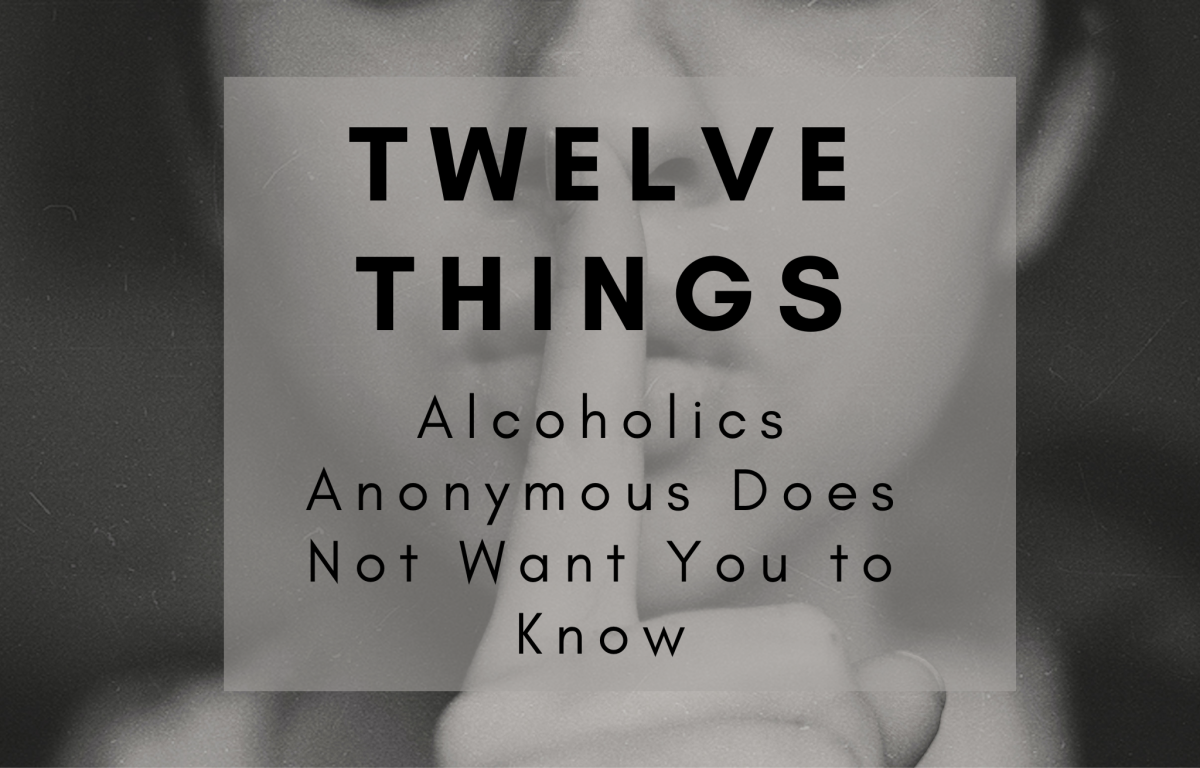How to Select a Therapist or Counselor

Counseling/Therapy: How to be an Educated Consumer
Unfortunately, in some circles, seeing a therapist or counselor is still a taboo discussion topic. This is problematic for several reasons. First, people may be reluctant to start counseling when it could be helpful. Second, therapy consumers don't necessarily feel comfortable spreading the word on who they hear provides quality therapy. Think about how often you tell your friends which dentists, physicians, attorneys, hair dressers, and real estate agents you prefer. This doesn't happen so much with therapists. For starters, if ALL of your friends go to the same therapist, that can be a little awkward. What if you have a conflict with a friend and you want to talk about it with your therapist? But, you know that therapist is also working with your friend? I get it. You find someone you like, and you don't necessarily want to share. There is something that could be helpful to talk about, however. How did you find your therapist? What do you like about them? What kind of therapy do they do? Why do you think that therapy is a good fit for you? All too often, people are turned away from the idea of therapy because they don't know how to be an educated consumer and they unintentionally select a therapist that does not fit with their goals. The goal of this lens is to help you decide how to find your match.
(image from MS Clip Art)
Chime In!
How did you learn about your current therapist?
Your Thoughts....
Are you comfortable talking about therapy experiences with your friends?
What Research Says About Therapy
First of all, research says the customer is always right (kind of). It says that consumers who get the therapist and/or type of therapy that they want have better outcomes (Swift et al., 2011). Additionally, consumers who expect positive outcomes are more likely to obtain positive change (Constantino et al., 2011). What does this mean for the consumer? It means be selective and express your wishes! If you prefer a female therapist, an older therapist, or a therapist who shares your cultural values, let that be known at the outset! Also, if therapy isn't going the way you would have hoped, let your therapist know. Your relationship with your therapist is very important. Your therapist will appreciate that you feel comfortable telling him or her your concerns about therapy. If things don't change, search around. One caveat--if you always seem to have trouble finding a therapist you "fit with" try something different and stick with one. Maybe it takes you longer to feel comfortable in that setting. Challenge yourself.
Research has identified a number of treatments that work well for certain conditions. If you are clear on what your goal is (e.g., reduce symptoms of PTSD), then take a look at what treatments may work best and find a provider that administers that type of treatment. You can find a list here. A few examples are:
1) Dialectical Behavior Therapy for Borderline Personality Disorder
2) Interpersonal Psychotherapy for Depression
3) Prolonged Exposure Therapy for PTSD
4) Cognitive Behavioral Therapy for Anxiety
Finally, the trick is to know yourself. Research shows that, in general, people with certain types of personalities or difficulties do better with certain types of treatments (Beutler et al., 2011). Ask yourself, how do you respond when people are very direct with you? Do you tend to get defensive? If so, a less directive therapist or therapy (such as Interpersonal Psychotherapy) may be well-suited to you. Do you have difficulty sticking to a schedule, get in trouble at work, or sticking to your values? Then, a more directive therapy (such as Cognitive Behavioral Therapy) may be better suited for your needs.
Is Dialectical Behavior Therapy for me?
Ten Common Types of Interventions
Speak Up!
What Kind of Treatment Does Your Current Therapist Use?
Is Cognitive Therapy for me?
Common Misconceptions About Therapy
Misconception #1: I shouldn't need a therapist and I should be able to deal with this by myself.
The Real Story: You could deal with this by yourself. Or, you could choose to find a supportive therapist who can use established techniques to guide you. You aren't the only one who has been where you are, even if sometimes it feels that way.
Misconception #2: I'll just talk to my friends. They don't cost anything.
The Real Story: Yes, talking to your friends is free. If you have lots of emotional things to talk about, however, it can be quite draining on your friends. Use your friends as a source of support when needed, but avoid making your problems their problems.
Misconception #3: Why go to therapy when I can just take medication?
The Real Story: We are fortunate to have increasingly effective medications. However, research suggests that the most effective combination is typically therapy and medication. And, therapy can help you learn skills that are lasting.
Misconception #4: My therapist is going to analyze me and "get into" my mind.
The Real Story: Some types of therapies are extremely collaborative and transparent. Find a therapist that will work with you, inform you of his/her plan, and not keep you in the dark.
Misconception #5:The longer I'm in therapy, the better I'll get-- OR--If I don't see my therapist one week, I will get worse.
The Real Story: Longer therapies are not necessarily better. The idea behind therapy is that you learn skills or gain insight that will help you to deal with issues as they arise. Just like school, you get what you put into it. Some people learn faster than others. A week away from therapy should not cause a regression, if you are able to remember skills you've learned and apply them. Of course, some people who feel dependent on their therapists may feel this way. You should bring this up in therapy.
Misconception #6: Therapy is just one hour a week.
The Real Story: The physical time commitment is approximately one hour a week (depending on the type of therapy and therapist). The real commitment is 24/7. You may have a therapist that assigns homework, asks you to step out of your comfort zone, and requires you to make large lifestyle changes. Are you ready for that type of commitment?
What do you think?
Did you have any of the misconceptions about therapy above?
Is Prolonged Exposure Therapy for me?
Barriers to Finding a Therapist or Obtaining Services
1) I don't have insurance. Many places offer sliding scale fees or reduced rates. Call some clinics and see if they offer these options. If you live near a university, check with training clinics. Often, training clinics will provide therapy (offered by students in training) with supervision by a licensed professional. This is not a bad option because students are eager to go "by the book", as they are just learning. Further, because they are supervised, there is extensive oversight and multiple therapists working toward ensuring the quality of your treatment.
2) I live in a rural area that does not have any therapists. Increasingly, there are a number of internet-based interventions. It is important to make sure that when searching for an internet-based intervention, it is supported by research and legitimate. A few research-supported options include (Cavanagh & Shapiro, 2004; Marks & Cavanagh, 2009):
COPE for depression
Good Days Ahead for anxiety or depression
Beating the Blues for anxiety or depression
Panic Online for panic disorder (Australia)
3) I don't have transportation. The options listed above can apply here, as well. Additionally, you can consider telephone-based or home-based services. Some treatments, such as Multisystemic Therapy for Juvenile Offenders, are primarily offered in the home. With particular arrangements, it may be possible to do this under other conditions. Also, many services offer free transportation to health care appointments (e.g., Medicaid transport) for low-income individuals.
Useful Resources
Please vote on or add resources that you have found useful!








